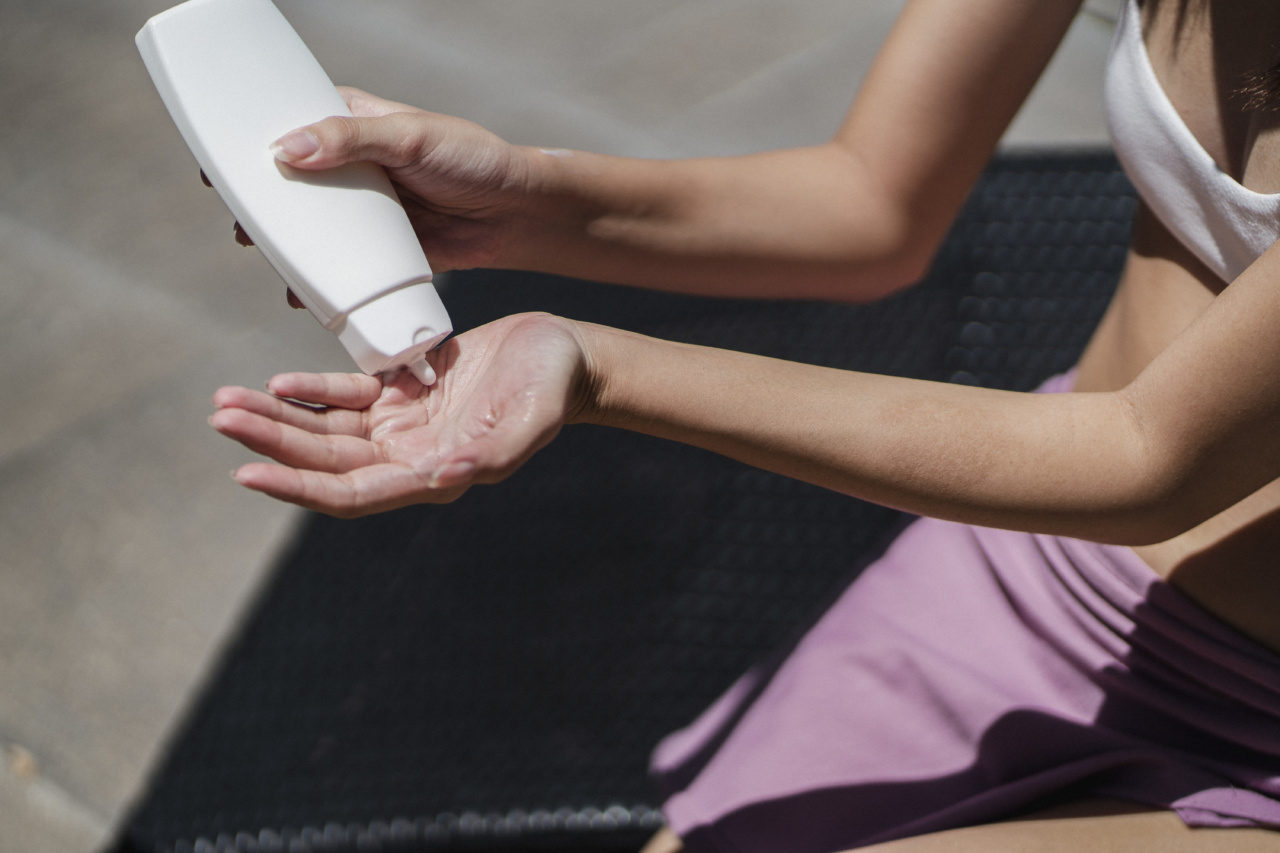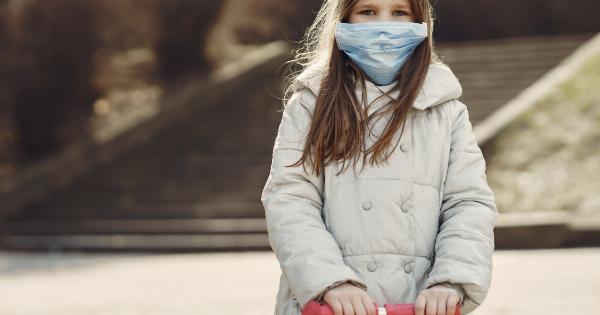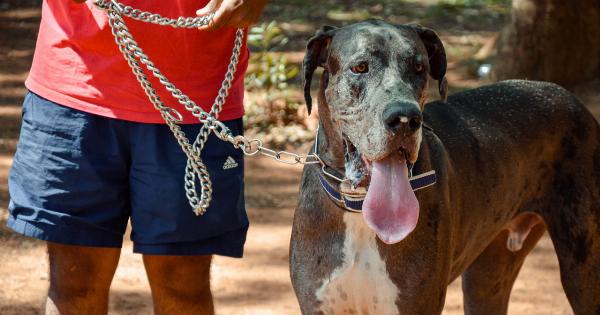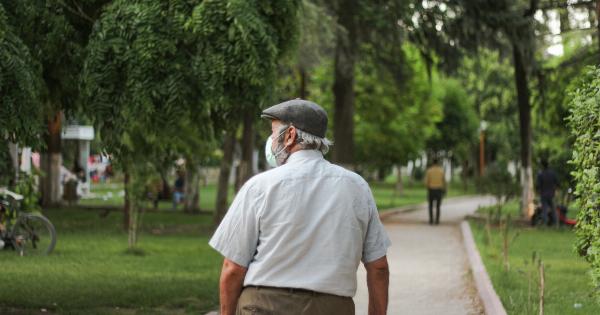Summer is a time when everyone wants to enjoy outdoor activities and soak up the sun. However, it’s important to remember that prolonged exposure to heat can be dangerous and lead to heat-related illnesses.
This article will provide you with essential tips and guidelines for staying safe and cool during the scorching summer months.
1. Stay Hydrated
Drinking enough water is crucial in hot weather. Dehydration can lead to heat exhaustion or even heatstroke, which can be life-threatening. Carry a water bottle with you at all times and drink regularly, even if you don’t feel thirsty.
Avoid alcohol and caffeinated beverages as they can dehydrate you even more.
2. Dress Appropriately
Wearing loose-fitting, light-colored, and lightweight clothing is essential to staying cool in the summer. Opt for fabrics that breathe, such as cotton or linen, to allow air circulation and to help sweat evaporate.
Wear a wide-brimmed hat to protect your face and neck from direct sunlight, and don’t forget to wear sunglasses to shield your eyes from harmful UV rays.
3. Apply Sunscreen
Protecting your skin from the sun’s harmful rays is crucial to avoid painful sunburns and reduce the risk of skin cancer.
Apply a broad-spectrum sunscreen with a minimum SPF of 30 to all exposed areas of your body, including your face, neck, ears, arms, and legs. Remember to reapply every two hours, especially if you’re sweating or swimming.
4. Seek Shade
Whenever possible, seek shade during the hottest hours of the day, typically between 10 a.m. and 4 p.m. If you’re planning outdoor activities, try to schedule them in the early morning or late afternoon when the sun’s intensity is lower.
Taking breaks in shaded areas will help your body cool down and prevent heat-related illnesses.
5. Stay Cool Indoors
During heatwaves or excessively hot days, it’s important to stay indoors in air-conditioned or well-ventilated spaces.
If you don’t have access to air conditioning, use fans, take cool showers or baths, and keep your curtains or blinds closed to reduce sunlight entering your home. Avoid using the oven or stove, as they can heat up your living space.
6. Take Precautions During Exercise
Exercising in hot weather can put additional stress on your body. To minimize the risk of heat-related illnesses, try to exercise during cooler hours and take frequent breaks in the shade.
Hydrate before, during, and after your workout, and listen to your body’s signals. If you start feeling dizzy, fatigued, or experience muscle cramps, it’s essential to stop and cool down immediately.
7. Look Out for Others
Keep an eye on family members, friends, and neighbors, especially those who are more vulnerable to heat, such as young children, older adults, and individuals with chronic medical conditions.
Encourage them to stay hydrated and assist them in finding shaded areas or air-conditioned spaces if needed.
8. Never Leave Kids or Pets in Hot Cars
Leaving children or pets in a parked car, even for a few minutes, can have deadly consequences. The temperature inside a car can quickly rise to dangerous levels, even with the windows cracked open.
Always take your children and pets with you or make alternate arrangements to ensure their safety.
9. Be Mindful of Your Medications
Some medications can increase your sensitivity to the sun or impair your body’s ability to regulate temperature.
If you’re taking any prescription or over-the-counter medications, consult your healthcare provider or pharmacist to see if they can increase your risk of heat-related illnesses. Take necessary precautions, such as staying hydrated and avoiding excessive sun exposure.
10. Prepare for Emergencies
Despite all precautions, emergencies can still occur. It’s crucial to know the signs and symptoms of heat-related illnesses such as heat cramps, heat exhaustion, and heatstroke.
Educate yourself on appropriate first aid measures and have emergency contact numbers readily available. If you or someone you know experiences severe symptoms, seek medical attention immediately.



























